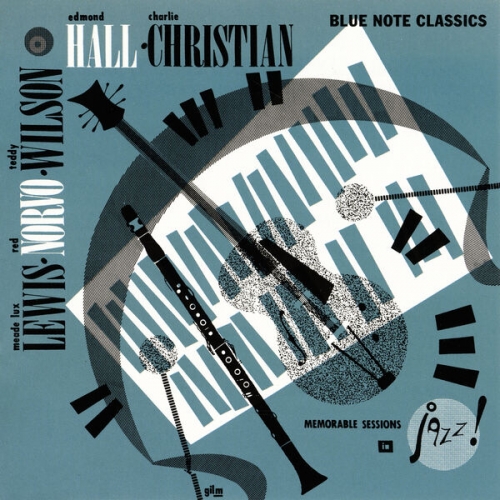Henri Texier 'Hope' Quartet - At l'Improviste (2013) Hi Res
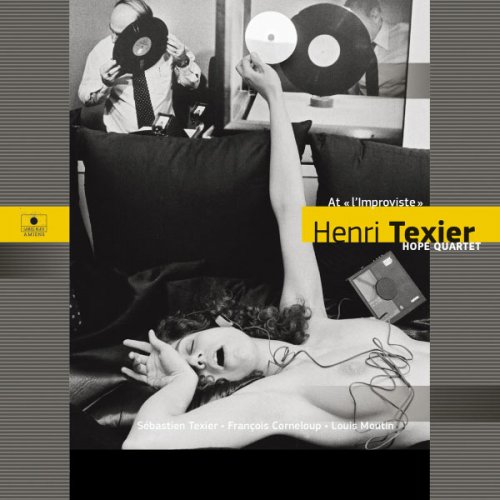
Artist: Henri Texier 'Hope' Quartet
Title: At l'Improviste
Year Of Release: 2013
Label: Label Bleu
Genre: Jazz
Quality: 24Bit/44 kHz FLAC
Total Time: 01:11:43
Total Size: 807 mb
WebSite: Album Preview
Tracklist:Title: At l'Improviste
Year Of Release: 2013
Label: Label Bleu
Genre: Jazz
Quality: 24Bit/44 kHz FLAC
Total Time: 01:11:43
Total Size: 807 mb
WebSite: Album Preview
01. O Elvin
02. Blues d'eau
03. La fin du voyage
04. Desaparecido
05. Song for Paul Motian
06. Sacrifice
07. Roots
08. S.O.S. Mir
Personnel:
Henri Texier, double bass
Sébastien Texier, alto saxophone, clarinet, alto clarinet
François Corneloup, baritone saxophone
Louis Moutin, drums
There are groups that one constructs painstakingly, one element at a time, and then there are those that just spring up on you, like an epiphany. This is truly the first time that a group simply crept up from behind and surprised me! Unexpectedly gathered together during a residency offered to Sébastien Texier by L’Improviste, a welcoming club located on a Paris barge, this Quartet spontaneously found itself “in orbit” at equal distances around a common sphere. Even though I had known him for many years, I had never played with Louis Moutin. But Sébastien, François, Louis and I struck an instantaneous balance with each other... a novel sort of dance. It was a unique feeling of complementarity on an amazing level, where our ideas met and intermingled effortlessly...like telepathy.
The recording of this Hope Quartet is Jazz at its most raw, alive and intense. Unrehearsed, in and of the moment, it’s an overview of compositions with Louis Moutin, who had never played our music with us before.
Like his double bass, Henri Texier is a pillar, a landmark within European jazz. After a dazzling career start at the end of the 60’s, alongside American bebop giants such as Bud Powell, Donald Byrd, Dexter Gordon or Kenny Clarke (he was not yet twenty !) and a highly inventive Unit series during the two following decades (with François Jeanneau, Daniel Humair, Michel Portal, Aldo Romano, Louis Sclavis, Bernard Lubat, Didier Lockwood, etc.), Henri Texier, during the 90’s lent his warm sound and his talent as a melodist to young unshakable improvisation musketeers.
'Jazz-ethnic fusions are all the rage now, but French bassist Henri Texier was making them long before the term was ever thought of.
He spent his Fifties childhood in north-African districts of Paris, and his music is full of the mad gaiety of Middle Eastern weddings, and the sadness of Eastern laments. I was expecting to catch that flavour the moment he and his trio of clarinetist Sébastian Texier and drummer Louis Moutin began their Kings Place gig. In fact we were offered the straightest piece of mid-tempo swing we’re likely to hear in the festival. This was a reminder of the other important fact about Texier. Having played with many of the American greats during his decades at Parisian clubs, all jazz history lives inside him, and is all equally alive. At this gig he seemed like a wise, grizzled Buddhist monk in a woolly hat and incongruous bright red trousers, playing with a lovely fruity sound, and none of that technical flashiness you often find in younger players.
One thing that makes Texier’s playing instantly recognisable is the tender vocal slides between notes. Whether these sound operatic or Eastern depends on the context, and these varied with amusing and disconcerting speed – especially after the interval, when the trio were joined by five more players to make up the “Texier London Octet”. Ranged in a line at the front in their tight suits, the four reed players and violist at times unleashed a wild polyphony of independent lines. It was like a joyous recreation of the front line of a Twenties band such as the Hot Fives, but with a flavour of something wonderfully exotic – a Corsican square, a North African party – thrown in. At other times all five would hurl out a furiously compressed folk melody of just a handful of notes, the violist adding throaty decorations like the lachrymose fiddlers of Arab pop orchestras.'
The recording of this Hope Quartet is Jazz at its most raw, alive and intense. Unrehearsed, in and of the moment, it’s an overview of compositions with Louis Moutin, who had never played our music with us before.
Like his double bass, Henri Texier is a pillar, a landmark within European jazz. After a dazzling career start at the end of the 60’s, alongside American bebop giants such as Bud Powell, Donald Byrd, Dexter Gordon or Kenny Clarke (he was not yet twenty !) and a highly inventive Unit series during the two following decades (with François Jeanneau, Daniel Humair, Michel Portal, Aldo Romano, Louis Sclavis, Bernard Lubat, Didier Lockwood, etc.), Henri Texier, during the 90’s lent his warm sound and his talent as a melodist to young unshakable improvisation musketeers.
'Jazz-ethnic fusions are all the rage now, but French bassist Henri Texier was making them long before the term was ever thought of.
He spent his Fifties childhood in north-African districts of Paris, and his music is full of the mad gaiety of Middle Eastern weddings, and the sadness of Eastern laments. I was expecting to catch that flavour the moment he and his trio of clarinetist Sébastian Texier and drummer Louis Moutin began their Kings Place gig. In fact we were offered the straightest piece of mid-tempo swing we’re likely to hear in the festival. This was a reminder of the other important fact about Texier. Having played with many of the American greats during his decades at Parisian clubs, all jazz history lives inside him, and is all equally alive. At this gig he seemed like a wise, grizzled Buddhist monk in a woolly hat and incongruous bright red trousers, playing with a lovely fruity sound, and none of that technical flashiness you often find in younger players.
One thing that makes Texier’s playing instantly recognisable is the tender vocal slides between notes. Whether these sound operatic or Eastern depends on the context, and these varied with amusing and disconcerting speed – especially after the interval, when the trio were joined by five more players to make up the “Texier London Octet”. Ranged in a line at the front in their tight suits, the four reed players and violist at times unleashed a wild polyphony of independent lines. It was like a joyous recreation of the front line of a Twenties band such as the Hot Fives, but with a flavour of something wonderfully exotic – a Corsican square, a North African party – thrown in. At other times all five would hurl out a furiously compressed folk melody of just a handful of notes, the violist adding throaty decorations like the lachrymose fiddlers of Arab pop orchestras.'
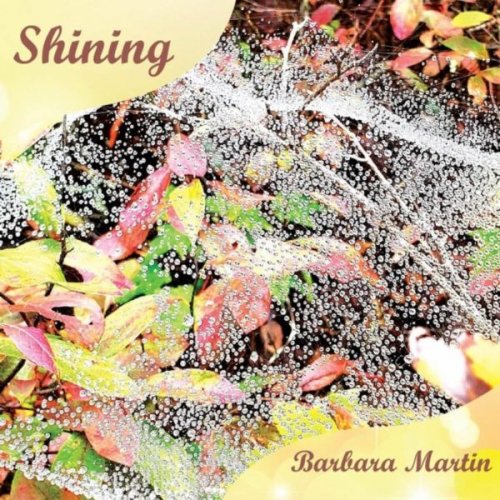
![Chad Lefkowitz-Brown - City Spirit (2026) [Hi-Res] Chad Lefkowitz-Brown - City Spirit (2026) [Hi-Res]](https://www.dibpic.com/uploads/posts/2026-02/1772171883_y3mc4z2lmsr7a_600.jpg)
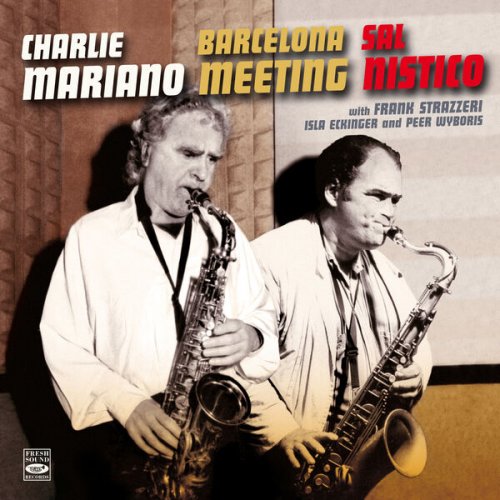

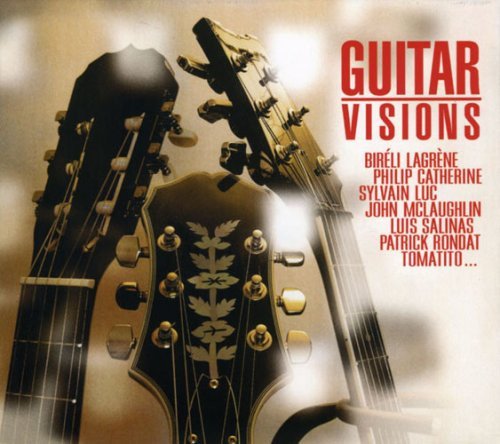
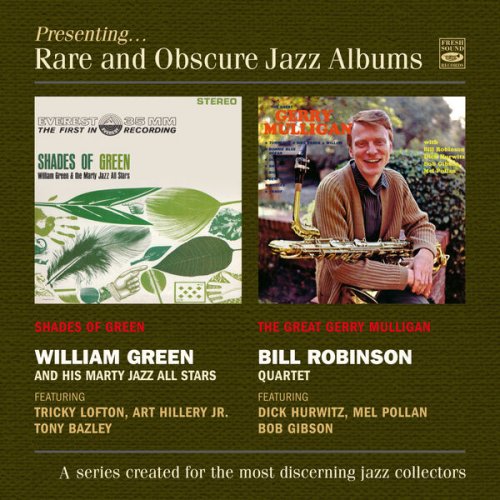

![Mateus Asato - ASATO (2026) [Hi-Res] Mateus Asato - ASATO (2026) [Hi-Res]](https://www.dibpic.com/uploads/posts/2026-02/1772112407_egqdz3e9dom2b_600.jpg)
